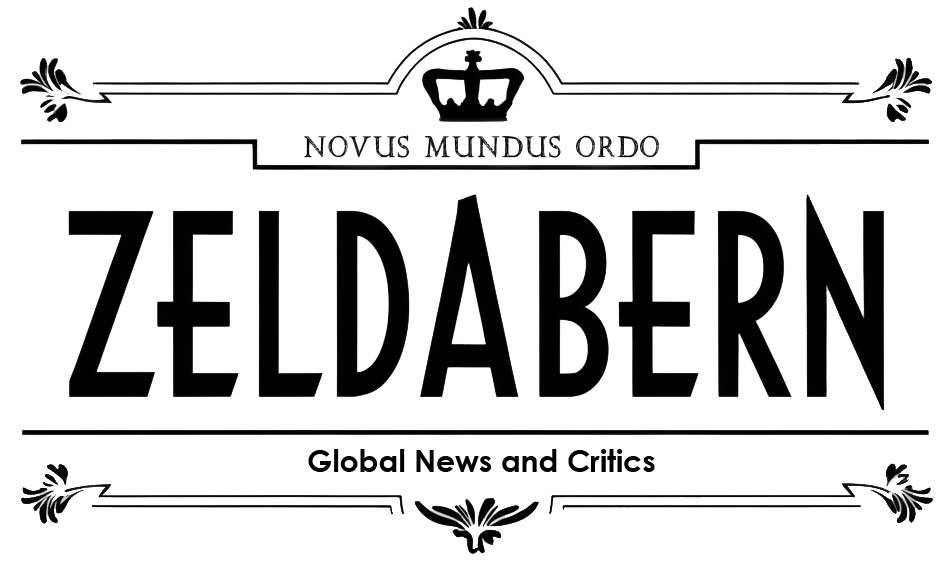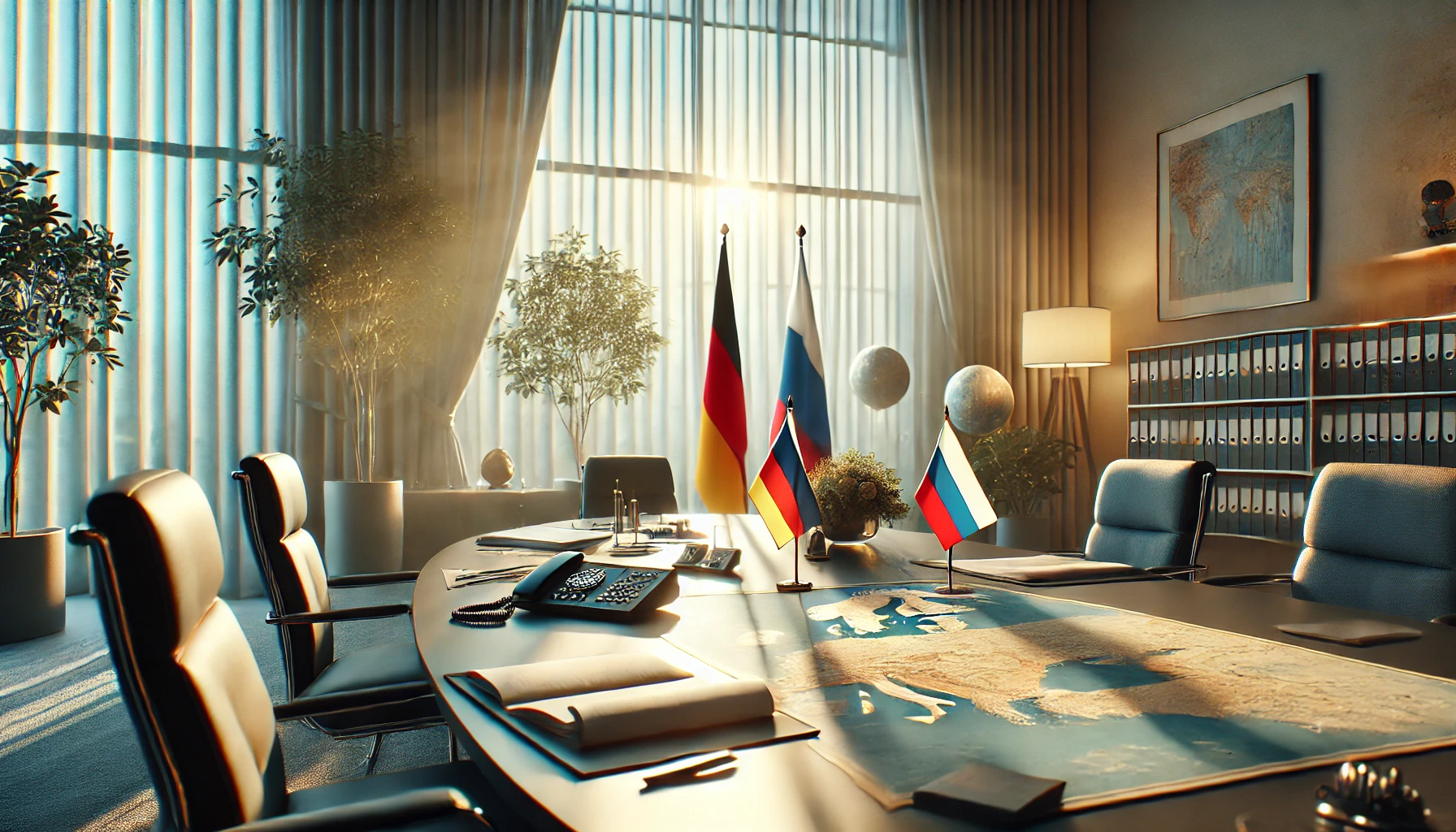Germany’s Chancellor Scholz recently held a conversation with Russia’s President Putin, marking their first direct discussion about Ukraine in two years. German government spokesperson Steffen Hebestreit reported that Scholz urged Putin to pull Russian forces out of Ukraine and end the full-scale invasion, which began in February 2022. The conflict nears its 1,000th day on Tuesday, with exiled Russian opposition figures, including Alexei Navalny’s widow Yulia Navalny, planning an antiwar rally in Berlin on Sunday.
In the hour-long call, Scholz emphasized Germany’s commitment to supporting Ukraine in its defense against Russian aggression and encouraged Russia to consider serious negotiations with Ukraine to achieve a fair and lasting peace, Hebestreit shared in a statement.
This renewed communication between Scholz and Putin, the first since December 2022, comes amid considerable speculation about the future of U.S. involvement in Ukraine as President-elect Donald Trump prepares to take office. Facing a political crisis domestically, Scholz has scheduled a vote of confidence next month, which may lead to an early election in February.
The United States has been Ukraine’s primary military supporter, yet Trump has frequently questioned the level of aid provided to Ukraine. He has hinted that he could broker a rapid end to the conflict, though Ukraine has firmly ruled out ceding territory to Russia in exchange for peace.
Ukrainian President Volodymyr Zelenskyy criticized Scholz’s outreach to Putin, warning that it might open a “Pandora’s box” and only lessen Russia’s isolation. “There could now be further calls and more empty words. This is precisely what Putin has long sought,” Zelenskyy stated in his nightly address. “His priority is to weaken his isolation and engage in inconclusive negotiations.”
Scholz also denounced Russian air strikes targeting Ukrainian civilian infrastructure and cautioned that North Korean troop deployments to aid Russia would represent a dangerous escalation. The U.S., South Korea, and Ukraine have all reported that North Korea has sent thousands of soldiers to Russia to support its war efforts.
According to the Kremlin, Germany initiated the call, during which the leaders engaged in a “detailed and open” dialogue on Ukraine. Putin placed blame for “the current crisis” on NATO’s “aggressive policy of turning Ukraine into an anti-Russian stronghold, disregarding our security concerns and infringing on the rights of Russian-speaking citizens,” as stated in a Kremlin report.
Putin reiterated that Russia is open to peace negotiations, under the conditions he set out in June, including Kyiv’s withdrawal from its NATO membership bid and the removal of Ukrainian troops from four regions Russia claimed to have annexed in 2022.
“Any agreements must consider Russia’s security needs, acknowledge new territorial realities, and address the root causes of the conflict,” the Kremlin noted.
Putin, who recently stated that Western leaders must initiate contact if they wish to reopen dialogue with Russia, also remarked on the “unprecedented deterioration” of Russian-German relations. The Kremlin added that the leaders also discussed the Middle East situation.
Kremlin spokesperson Dmitry Peskov confirmed the conversation was “detailed” and “candid,” though he clarified that no progress was made on aligning their viewpoints.
Both leaders agreed to stay in touch following the call.

